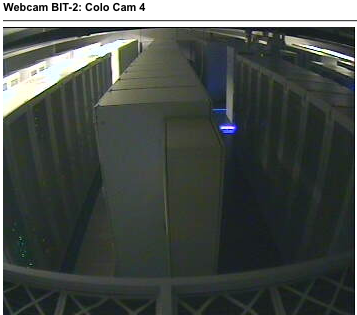A few days ago, a group of scientists and security specialists finally succeeded to create a rogue CA that was able to issue certificates that are accepted by all browsers:
http://www.win.tue.nl/hashclash/rogue-ca/ and http://www.phreedom.org/research/rogue-ca/ The problem underneath are weaknesses that were discovered in the MD5 hash-algorithm.
CAcert has switched from MD5 to SHA-1 for certificate-issueing a few years ago, when the first research results were made public that indicated that such an attack will become feasible. CAcert is currently still using an intermediate CA that was issued with an MD5 based signature 3 years ago. We are currently working to phase out this intermediate CA.
We suggest that all certificates (except for root certificates, which aren’t affected), regardless of which CA has issued them, that were still issued with MD5, be replaced with SHA-1 based certificates within the next 3 months. We also suggest that all company-internal or organisation internal CA’s be checked and switched from MD5 to SHA-1 where necessary. To detect, whether a webserver certificate or any of the intermediate certificates are MD5 based, you can use this Firefox extension: http://codefromthe70s.org/sslblacklist.aspx
Happy new year!



